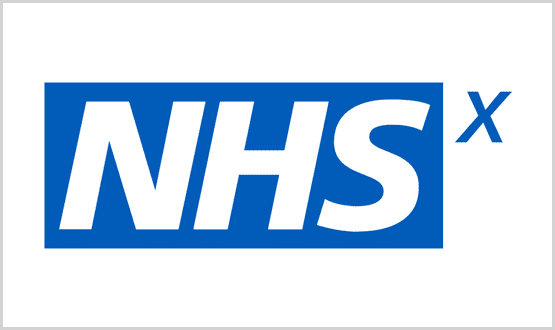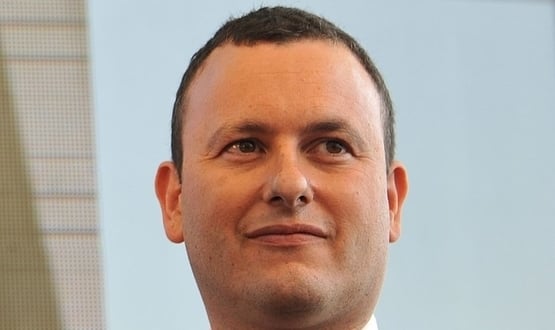NHS will have to pay price on technical debt says NHSX associate CIO
- 11 November 2019

Many NHS organisations will have to prioritise investing in replacing ageing IT infrastructure and networks to be able to achieve the ambitions of the NHS Long Term Plan, the associate CIO at NHSX has said.
Speaking at the annual Northern, Yorkshire and Humberside NHS Directors of Informatics Forum’s (NHYDIF) conference in York on 7 November Rob Parker also spoke about the new digital plans integrated care systems (ICSs) will be expected to draw up.
Parker said ICSs will have to spend the next few years “paying the collective price on accumulated technical debt” in order to be able to progress to deliver joined-up digitally enabled patient care.
“We’ve seen the formation of ICS and system vanguards that have so far been largely in isolation from technology,” said Parker, stating that digital investments must be linked to system-wide outcomes.
“I don’t know how many investment funds we’ve had in particular areas or capabilities, including tech funds, provider digitisation, GDEs, LHCR, e-rostering, e-prescribing and diagnostics, but we now need to move to system-wide enablers.”
Parker added: “We now need to link digital maturity and transformation to overall service transformation.”
His slides indicated that these new ICS plans will be expected to cover core areas including: infrastructure, improving diagnostic services, digitising providers, resource and activity management; integrating health and care data records and workflows; patient facing services; population health analytics and intelligence.
ICSs will be expected to categorise their capabilities in these areas into basic, developing and advanced. He also indicated that ICSs will be scored by the centre on their collective digital maturity.
Linking technology to the ambitions of long-term plan that this would form a vital part of the digital plans that new Integrated Care Systems (ICSs) are now expected to draw up, Parker also confirmed.
“This creates a massive opportunity over the next for 3-5 years for us in the centre and locally delivering the digital tools to deliver those key enablers real. The move to ICS’s is a chance to massively increase scale of what we’ve been doing,” he said.
The challenge for NHSX, Parker said, is “how we work with you guys better and more coherently as we move to ICSs”.
Earlier in the day, attendees also heard from Professor Joe McDonald, chair of the Great North Care Record, who said that the culture that led to the failures of the national programme for IT (NPfIT) is being carried into NHSX.





4 Comments
Did Rob Parker attend the session where Joe MacDonald warned against NHSX adopting the same mind-set as NPfIT?
I remember being told by the Fujitsu spokesman at the only Q&A session held by representatives of three of the then LSPs at an HC in Harrogate that there was no requirement in the LSP contracts for interoperability or ability to communicate between the different LSPs.
Richard Granger was quoted as saying “Some loss of functionality is acceptable” when speaking – I think – about GP IT (which was highly developed and mission critical): the response from GPs led to a climbdown and GPSoC…
Rob, ICSs are so far removed from the reality on the ground of managing everyday technology for use by clinical staff. Central digitisation funding is mainly capital & provided last minute, & sometimes it doesn’t appear at all, providing very little certainty. Providers have a deficit of the actual kit necessary & the maintenance resource, not to mention the application support & implementation staff and backfill for clinicians to engage, needed to achieve the kind of transformation needed by ICSs. I suggest you get out more to the local level to understand the real issues on the ground.
The NHS needs to distinguish between operational/clinical data and other data such as business/aggregated/research/integarted etc. The latter is derived from the former. Providers should be empowered to focus on the former but what I see in our NHS is that since NPfIT many national organisations would rather do the talking about IT and push the DOing IT down to the provider level and for many Trusts this is not appropriate or feasible. This, in my honest and personal opinion, is part of the cultural change that has to occur. i.e. more DOing IT and less just talking about IT at the top.
Agree, rather than what seem like aspirational projects for the majority of trusts, national oversight on getting the basic IT functions right at ALL hospitals has been needed for a long time. And I mean going deeper than sending out the odd maturity survey.
Otherwise just building on sand.
Comments are closed.